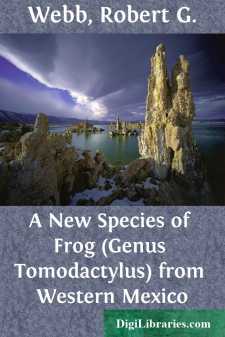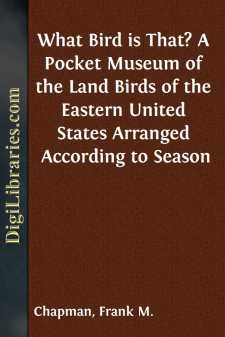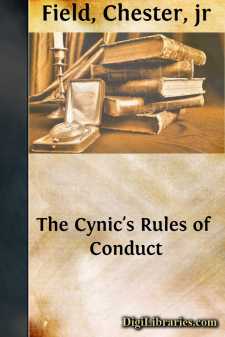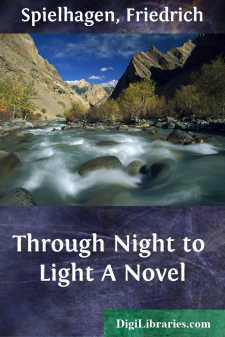Categories
- Antiques & Collectibles 13
- Architecture 36
- Art 48
- Bibles 22
- Biography & Autobiography 815
- Body, Mind & Spirit 144
- Business & Economics 28
- Children's Books 18
- Children's Fiction 14
- Computers 4
- Cooking 94
- Crafts & Hobbies 4
- Drama 346
- Education 58
- Family & Relationships 59
- Fiction 11835
- Games 19
- Gardening 17
- Health & Fitness 34
- History 1378
- House & Home 1
- Humor 147
- Juvenile Fiction 1873
- Juvenile Nonfiction 202
- Language Arts & Disciplines 89
- Law 16
- Literary Collections 686
- Literary Criticism 179
- Mathematics 13
- Medical 41
- Music 40
- Nature 180
- Non-Classifiable 1768
- Performing Arts 7
- Periodicals 1453
- Philosophy 65
- Photography 2
- Poetry 896
- Political Science 203
- Psychology 44
- Reference 154
- Religion 515
- Science 126
- Self-Help 85
- Social Science 83
- Sports & Recreation 34
- Study Aids 3
- Technology & Engineering 60
- Transportation 23
- Travel 463
- True Crime 29
Our website is made possible by displaying online advertisements to our visitors.
Please consider supporting us by disabling your ad blocker.
The Knight of the Golden Melice A Historical Romance
Categories:
Description:
Excerpt
INTRODUCTORY CHAPTER.
He cast, (of which we rather boast,)
The Gospel's pearl upon our coast,
And in these rocks for us did frame
A temple where to sound His name.
O let our voice His praise exalt
Till it arrive at Heaven's vault,
Which there perhaps rebounding may
Echo beyond the Mexic bay.
Thus sang they, in the English boat,
A holy and a cheerful note,
And all the way to guide their chime,
With falling oars they kept the time.
Andrew Marvell's "Emigrants in the Bermudas."
The beginning of the 17th century is an interesting epoch in American annals. Although the Atlantic coast of that vast country now comprised within the limits of the United States and Canada had previously been traced by navigators, and some little knowledge acquired of the tribes of red men who roamed its interminable forests, no attempt at colonization worthy of the name had succeeded. The principal, if not the only advantage derived from the discovery of North America, came from the fisheries of Newfoundland and Labrador, frequented mostly by the adventurous mariners of England, France and Spain. In these cold seas, to the music of storms howling from the North Pole, and dashing with ceaseless rage the salt spray against the rocky shore, they threw their lines and cast their nets, at the same time enriching themselves, and forming for their respective countries a race of hardy and skilful sailors. The land attracted them not. The inducements which led to the more speedy conquest and settlement of South America by the Spaniards, were wanting. Gold and silver to tempt cupidity were not to be found, and the stern, though not inhospitable character of the Northern tribes was very different from the imbecile effeminacy of the Southern races. The opposition likely to be encountered was more formidable, and the prize to be won hardly proportioned to the hazard to be incurred. While, therefore, the atrocious Spaniards were enslaving the helpless natives of Peru and Mexico, and compelling them by horrid cruelties to deliver up their treasures, the wild woods of all that region to the north of the Gulf bearing the name of the latter country, continued to ring to the free shout of the tawny hunter. Not that attempts had not been made to obtain footing on the continent, but they had all failed by reason of the character of the emigrants, or the want of support from home, or of a thousand other causes reducible to the category of ill luck, bad management, or providential determination.
But the 17th century introduced a new order of things, beginning with the arrival of the first permanent colony on the coast of Virginia in the year 1607, indissolubly associated with the name of the chivalrous Captain John Smith; followed in 1614 by the occupancy of the mouth of the river Hudson, and of the island of Manhattan, the present site of the city of New-York, by the Dutch; and, in 1620, of New-England, by the English. The fulness of time had arrived, when the seeds of a mighty empire were to be sown.
A diversity of opinion prevails with regard to the motives of the early colonists to leave their homes....













